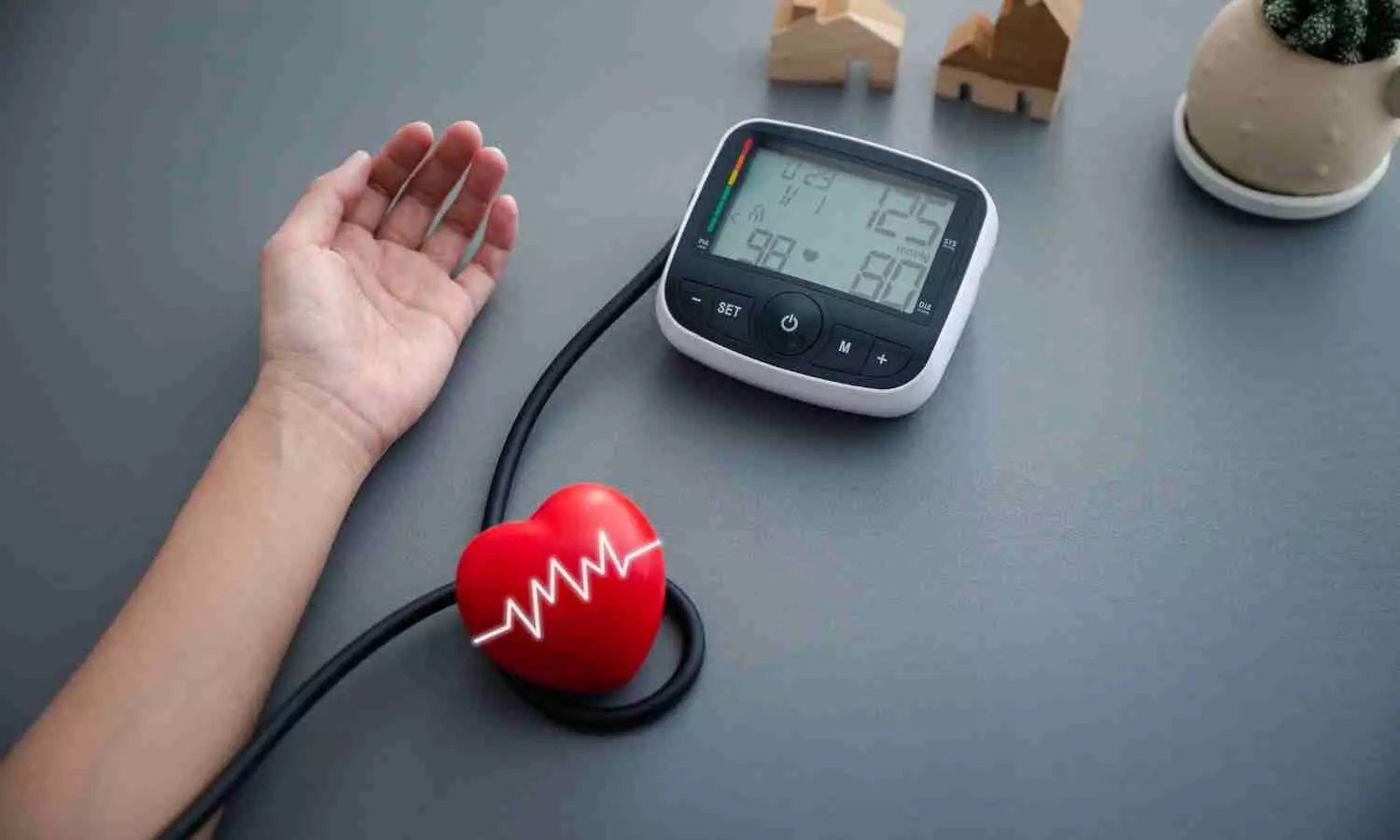Tai Chi Emerges as Powerful Ally in Battle Against Prehypertension

In a pivotal study conducted across two tertiary public
hospitals in China, researchers have unearthed a groundbreaking discovery in
the realm of cardiovascular health. The investigation, spanning from July 2019
to January 2022, focused on evaluating the effectiveness of Tai Chi versus
aerobic exercise in individuals grappling with prehypertension and found that a
12-month Tai Chi intervention is more effective in reducing SBP than aerobic
exercise for individuals with prehypertension.
The study results were published in the journal JAMA Network
Open.
Prehypertension, characterized by elevated blood pressure
falling just below the hypertension threshold, poses a significant health risk.
Recognizing the urgency for effective interventions, researchers aimed to
compare the impact of Tai Chi and aerobic exercise on blood pressure levels
among adults aged 18 to 65 with prehypertension.
This single-blinded randomized clinical trial enrolled 342
participants and set out to assess the efficacy of Tai Chi and aerobic
exercise. The participants, selected from two public hospitals in China, were
randomized in a 1:1 ratio into either the Tai Chi group (n=173) or the aerobic
exercise group (n=169). Both groups underwent four 60-minute supervised
sessions per week for a span of 12 months.
Key Findings:
At the heart of this groundbreaking revelation is the
notable superiority of Tai Chi in reducing blood pressure levels.-
After the 12-month intervention, the Tai Chi group
demonstrated a statistically significant reduction in office systolic blood
pressure (SBP) compared to the aerobic exercise group. -
The mean change in SBP for the Tai Chi group was -7.01 mm
Hg, while the aerobic exercise group exhibited a change of -4.61 mm Hg. -
This trend was consistent at the 6-month mark, emphasizing
the enduring impact of Tai Chi over time.
Beyond office-based measurements, the study delved into
24-hour ambulatory blood pressure readings.-
The Tai Chi group exhibited substantial reductions in both
24-hour ambulatory SBP and nighttime ambulatory SBP compared to their
counterparts engaging in aerobic exercise.
The implications of these findings are profound, suggesting
that Tai Chi could be a transformative element in cardiovascular health
interventions. The accessibility and holistic nature of Tai Chi make it a
promising avenue for individuals at risk of developing hypertension. This
discovery heralds a new era in preventive healthcare, advocating for the
integration of mindful practices like Tai Chi into broader strategies for
cardiovascular wellness.
Further reading: Li X, Chang P, Wu M, et al. Effect of Tai Chi vs Aerobic Exercise on Blood Pressure in Patients With Prehypertension: A Randomized Clinical Trial. JAMA Netw Open. 2024;7(2):e2354937. doi:10.1001/jamanetworkopen.2023.54937





